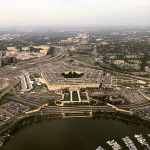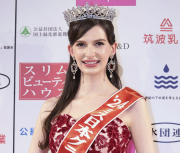
Russia's recent veto at the United Nations Security Council has halted a resolution aimed at preventing the development and deployment of nuclear weapons in space.
The proposal, sponsored by the United States and Japan, sought to reinforce provisions outlined in the 1967 Outer Space Treaty, which prohibits the placement of nuclear weapons or other weapons of mass destruction in space.
Despite receiving approval from 13 out of 15 Security Council members, the resolution was thwarted by Russia's veto, with China abstaining from voting. Russian Ambassador to the UN, Vassily Nebenzia, criticized the proposal as a "dirty spectacle" and dismissed it as a politicized maneuver by Washington.
The veto has drawn criticism from US Ambassador Robert Wood, who expressed disappointment but affirmed the commitment to pursuing arms control discussions with Russia and China. Meanwhile, US National Security Advisor Jake Sullivan accused Russia of developing a satellite carrying a nuclear device, posing a threat to global satellite services and security.
The proposed resolution was prompted by reports of Russia's alleged development of anti-satellite capabilities, with speculations circulating about the potential deployment of nuclear weapons in orbit. However, defense analysts caution against such actions, citing the indiscriminate damage caused by nuclear detonations in space.
While Russia denies plans to deploy nuclear weapons in space, concerns persist over its aggressive stance in both space and terrestrial domains. As tensions escalate, the international community remains vigilant, recognizing the need for diplomatic efforts to address security challenges in space and beyond. Photo by I, Aotearoa, Wikimedia commons.






































